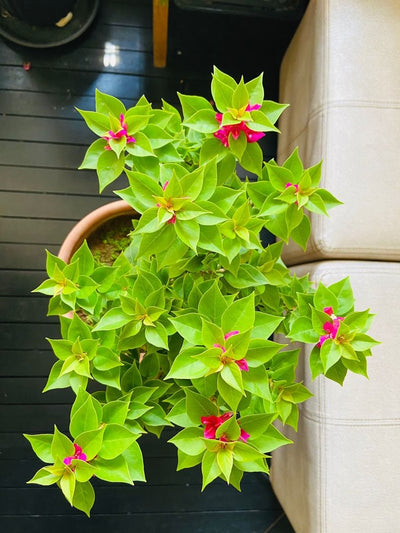Use Coco Peat for Bumper Tomato Harvest
Coconut Coir is the waste product of the coconut industry. Thanks to its physical and chemical properties, it can serve as a great alternative to peat moss and also as a growing medium that could enhance the growth of some crops. So, can it be used for tomatoes too? Let’s find out what this Chinese study has to say about Coco Peat For Bumper Tomato Harvest!
Benefits of Using Coco Peat

A natural fibrous material, coco peat offers various benefits
- Unlike peat moss, it’s neutral in pH.
- As it’s a completely natural product and a renewable resource, it does not harm nature.
- It generally costs less than peat moss.
- It has an excellent water retention capacity of 8x to 30x times its weight.
- Serves as an excellent habitat for useful microorganisms.
- Because it has a high lignin content, it breaks down a lot slower than the peat moss.
Coco Peat For Bumper Tomato Harvest

In an experiment at the Beijing Vegetable Research Center, using coco peat as a growing medium for tomatoes resulted in higher individual fruit weight. The total fruit yield was significantly higher too.
Potassium is the major element that determines the overall quality and yield of the tomato crop and is also highly required by nightshade family vegetables like tomatoes, peppers, and eggplants. And according to this study, coconut coir as a growing medium increased the potassium uptake in tomato plants.
Coconut coir also improves the Sulfur uptake, which aids in photosynthesis. Not only that it also lowers the uncredited nutrient, which in tomato’s case, works for the betterment of the plant as the lower it is, the better for its growth.
How to Use Coco Peat for Tomatoes?

While growing tomatoes, you can add 20-25% coco peat (coconut coir) in your potting mix. You can even increase it by up to 50%. It also serves as an excellent growing medium, in hydroponics, where you can use 100% coco peat. It can also serve equally well while growing succulents. As coco peat is a great host for beneficial bacteria and allows airflow porosity, it enhances the growth of container plants significantly.




Leave a comment